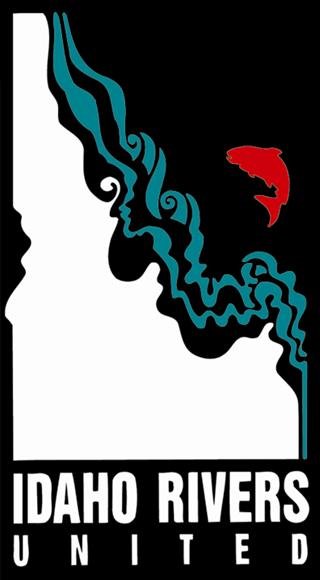Overwhelming support of dam removal & salmon recovery during U.S. Gov. listening session
An overwhelming majority of speakers who were able to publicly comment during today’s listening session (on March 31st) hosted by the federal government led by the Federal Mediation Conciliation Service (FMCS), were in favor of breaching the Lower Snake River dams to restore salmon and steelhead populations in the Northwest region.
Just as with science, the overwhelming majority of those who spoke gave a clear message that the dams can and must go, salmon must remain, and we have the power to do so right now.
A rough tally from IRU staff during the session showed about 52 speakers were in favor of breaching while only three were in favor of the current status quo, and keeping the dams in place, while salmon are on the brink of extinction.
The beginning of the session began with an overview of ongoing settlement discussions that are occurring as a part of the pause in the litigation surrounding salmon recovery and management of the hydropower system.
Salmon advocates of all ages from across the Northwest region and nationally, advocated on behalf of themselves and environmental organizations that swift action should be taken now, and that the Biden Administration has the opportunity for a “landmark legacy” in river and salmon conservation history.
“How do we want the history books to read?” asked a pro-breach spokesperson.
“My main concern is our tribal fishing rights of Chinook salmon, which have basically disappeared,” said a member of the Nez Perce Tribe.
One of few pro-dam speakers started the session off with “the science is inconcludable,” however a 2022 report from NOAA Fisheries said the opposite, “that dam removal is essential to save salmon.” Another pro-dam speaker mentioned the “state of the art fish migration passages” by the LSRDs, and using “other proven methods of salmon restoration.”
According to the FMCS, due to an overwhelming response, the 3-minute speaking spots have been exceeded and there will be an overflow session on Monday, April 1st, which can be accessed via this Zoom link.

